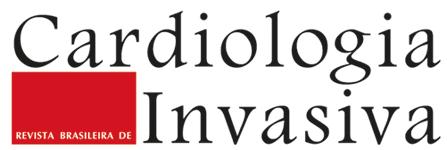Stem cells are undifferentiated cells and can self-renew and differentiate into various cell types, besides having immunomodulating properties and paracrine effects in response to tissue injury, and may therefore treat injuries and diseases or even replace damaged or lost cells. Adipose tissue is an attractive source of adult stem cells, since the human body has a large reserve that is obtained in large amounts by minimally invasive methods. Interest in these cells has been increasing steadily due to their properties and possible applications in regenerative medicine and cell therapy. A large part of these investigations are focused on cardiovascular diseases, which are a leading cause of morbidity and mortality worldwide. Although in recent years treatments have advanced in cardiology, the development of new therapies to recover the damaged tissue still remains one of the main goals of cardiac research. However, to achieve effective results, in vivo and in vitro animal models for preclinical studies and consequently for application in humans must be standardized. The development of preclinical models in large animals requires the use of well-characterized animal cell lines, similar to human cells, and the use of the porcine model represents a great advantage for preclinical translational research.
Stem cells; Adipose tissue; Cardiovascular diseases; Swine; Models, animal



